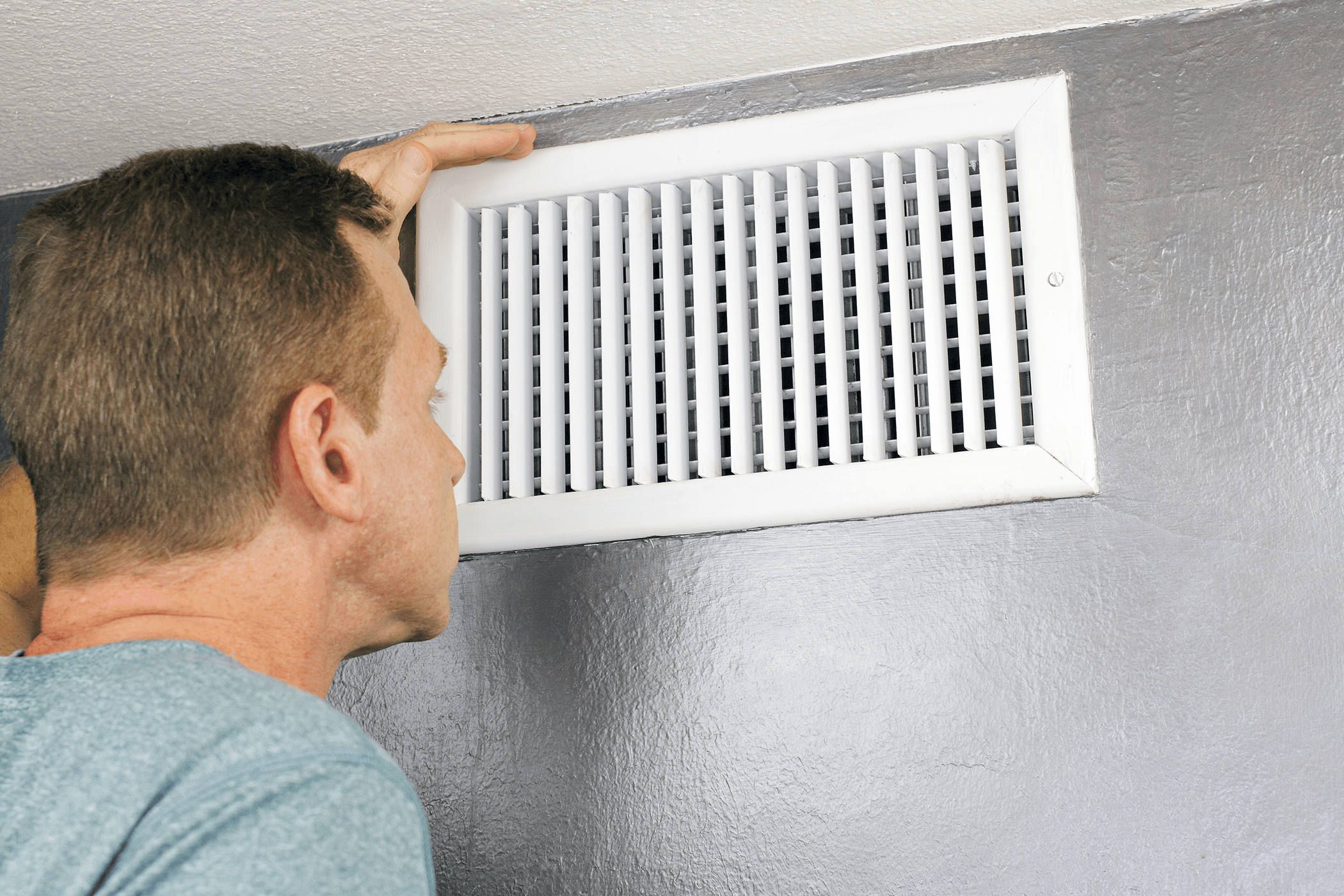HVAC Heat Exchanger
As the temperatures continue to get colder, your HVAC system has to work even harder to keep your house warm – using many critical components more often than usual. In order to prevent breakdowns and have your HVAC system working at top efficiency, here’s everything you need to know about your heat exchanger:
What is a heat exchanger?
An HVAC heat exchanger is an essential component of your furnace that actually heats your air. It is a set of metal tubes or coils connecting to the burner and ends at the vent. They are looped repeatedly in order to heat up the air flowing through your furnace. Your furnace’s blower motor sends air over the heat exchanger, and once it reaches the desired temperature, the hot air circulates throughout the ductwork in your home. The heat exchanger also separates gas and air in order to prevent mixing harmful products such as carbon monoxide.
Heat Exchanger Malfunctions
If your heat exchanger isn’t working properly, then your entire HVAC system will breakdown and your home will not reach the desired warm temperature. A cracked heat exchanger can also cause serious health (carbon monoxide poisoning) and fire risks throughout your home. Here are some ways you can tell if your HVAC heat exchanger is cracked or damaged:
- Rust on the heat exchanger
- Cracks that are visible
- Water surrounding the base of the furnace
- Soot inside your furnace
- Burner flames that are flickering
- Formaldehyde odors permeating your home
- Signs of carbon monoxide poisoning (link to blog post)
Maintaining Your Exchanger
If you notice any of these signs that your heating system may be malfunctioning, call your HVAC professional right away. He or she will diagnose the issue using a thorough examination, usually with a camera. Heat exchangers often live between 10-20 years, depending on the health and age of your furnace.
Annual furnace maintenance will prolong the life of your heat exchanger; for example, minor cracks in your heat exchanger that aren’t causing any issues yet may be found during your annual HVAC inspection. Your contractor can then repair them on the spot, to prevent bigger malfunctions from happening down the road. Aim to preserve your heat exchanger as long as possible, because replacing one will cost you between $600 – $1200.
Normal wear and tear to your HVAC heat exchanger are inevitable, but there are several other factors that may cause issues. Closed or blocked vents that create airflow issues could cause your heat exchanger to crack; restricted air flow may cause your heat exchanger to overheat. Being able to find, identify and ultimately prevent these blocked vents throughout the year is essential to maintaining overall good HVAC system health.
In addition to your annual HVAC inspection, here are a few tips for keeping your heat exchanger healthy and running smoothly:
- Change your air filter every time the season changes, at least, if not monthly. Throughout the winter months, we recommend changing your air filter more frequently (every month) as your furnace and heat exchanger are working harder than usual.
- Keep your vents open and clear. Make sure no furniture, plants, rugs or other house objects are obstructing your supply and return vents. Shutting your vents may cause airflow problems, resulting in expensive damage to your HVAC heat exchanger.
Your HVAC heat exchanger is one of the most important parts of your furnace. If it’s broken or damaged, the air inside your home won’t reach its desired temperature. Prevent possible breakdowns by having your HVAC heat exchanger inspected on an annual basis by an HVAC professional.
HVAC Canton, GA
Do you have questions about your heating system or are you unsure of when your last inspection was? Give us a call at 770-766-8714 or schedule an appointment online.

